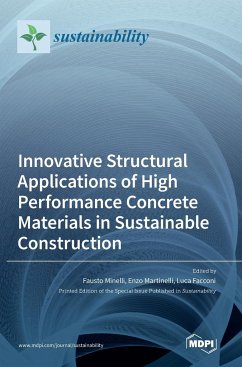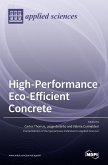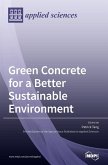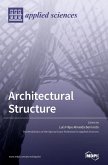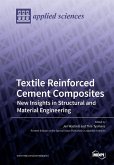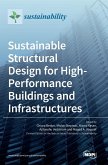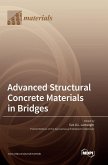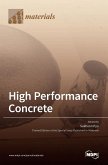Concrete is the most widely utilized construction material in the world. Thus, any action intended to enhance the sustainability of the construction industry must consider the supply chain, production, distribution demolition and eventual disposal, landfilling or recycling of this composite material. High-performance concrete may be one of the most effective options to make the construction sector more sustainable. Experience proves that the use of recycled concrete aggregates, as well as the partial replacement of ordinary Portland cement with other supplementary cementitious materials or alternative binders, are generally accepted as the most realistic solutions to reduce the environmental impacts, leading to sufficiently high mechanical performances. In structural applications such as those concerning the seismic and energy retrofitting of existing buildings, the use of high-performance cementitious composites often represents the more cost-effective solution, which allows us to minimize the costs of the intervention and the environmental impact. Eventually, the challenge of enhancing sustainability by raising durability of concrete structures is particularly relevant in those applications where maintenance is particularly expensive and impactful, in terms of both direct intervention costs and indirect costs deriving from downtime. The present Special Issue aims at providing readers with the most recent research results on the aforementioned subjects and further foster a collaboration between the scientific community and the industrial sector on a common commitment towards sustainable concrete constructions.
Hinweis: Dieser Artikel kann nur an eine deutsche Lieferadresse ausgeliefert werden.
Hinweis: Dieser Artikel kann nur an eine deutsche Lieferadresse ausgeliefert werden.

